HOME
EVERY DISCOVERY IS A NEW LENS THROUGH WHICH WE SEE THE WORLD DIFFERENTLY
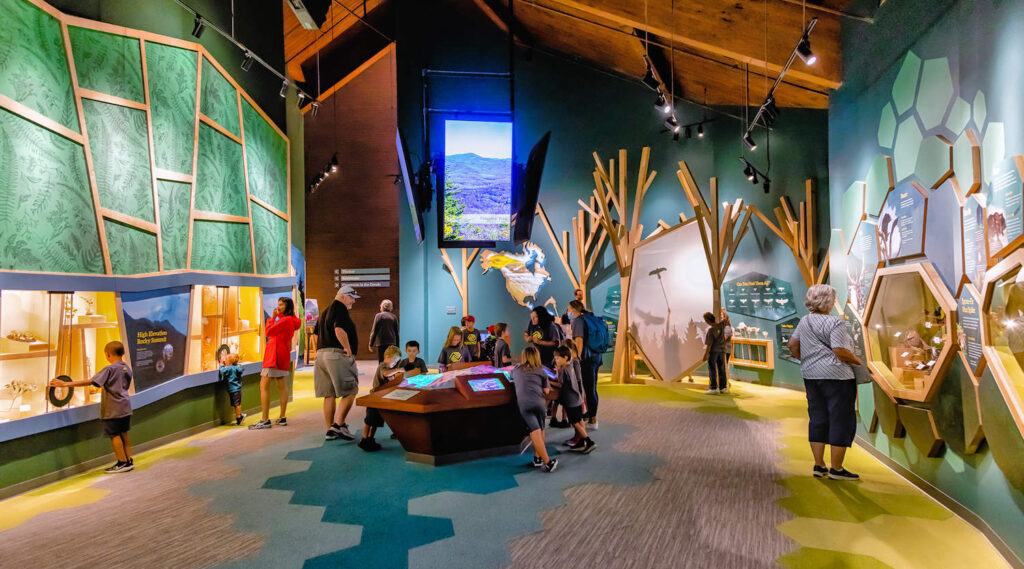
organic farming in india
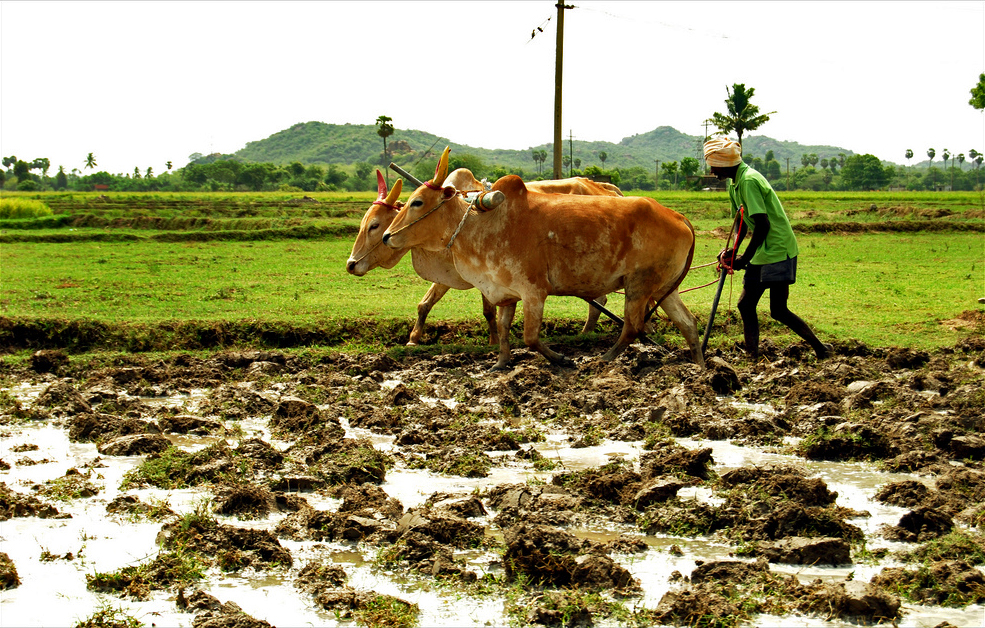
Crop rotation to maintain soil fertility
A farmer plants corn one year, then legumes (like beans) the next, and wheat the following year. Legumes add nitrogen back into the soil, which benefits the next crops.
Using compost instead of synthetic fertilizers
A farmer uses homemade compost from kitchen waste and farmyard manure to fertilize vegetable beds, improving soil structure and nutrients without harming the environment.
Natural pest control with ladybugs
A gardener releases ladybugs in a greenhouse to control an aphid infestation on tomato plants, avoiding toxic sprays and keeping the ecosystem balanced.
Free-range livestock without antibiotics
A small farm raises chickens that roam in open fields, eat organic feed, and stay healthy through clean living conditions and herbal remedies—no antibiotics used.
Advantages and Disadvantages of organic forming
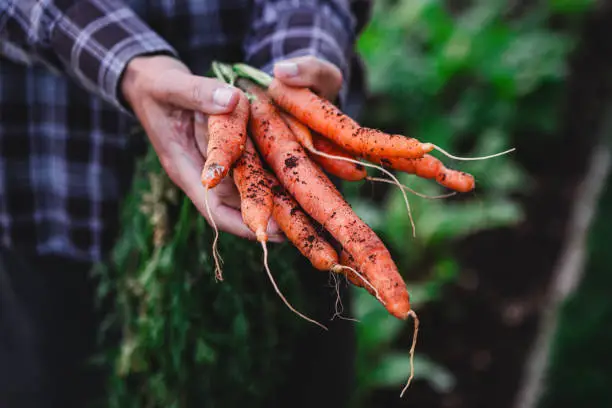
✅ Advantages of Organic Farming
Environmentally Friendly
No Chemical Pesticides or Fertilizers
Healthier Food
Improved Soil Fertility
Animal Welfare
Market Demand and Premium Prices
❌ Disadvantages of Organic Farming
Lower Yields
Higher Costs
Pest and Disease Management Challenges
Time-Consuming
Limited Shelf Life
TIME TO TRAVEL
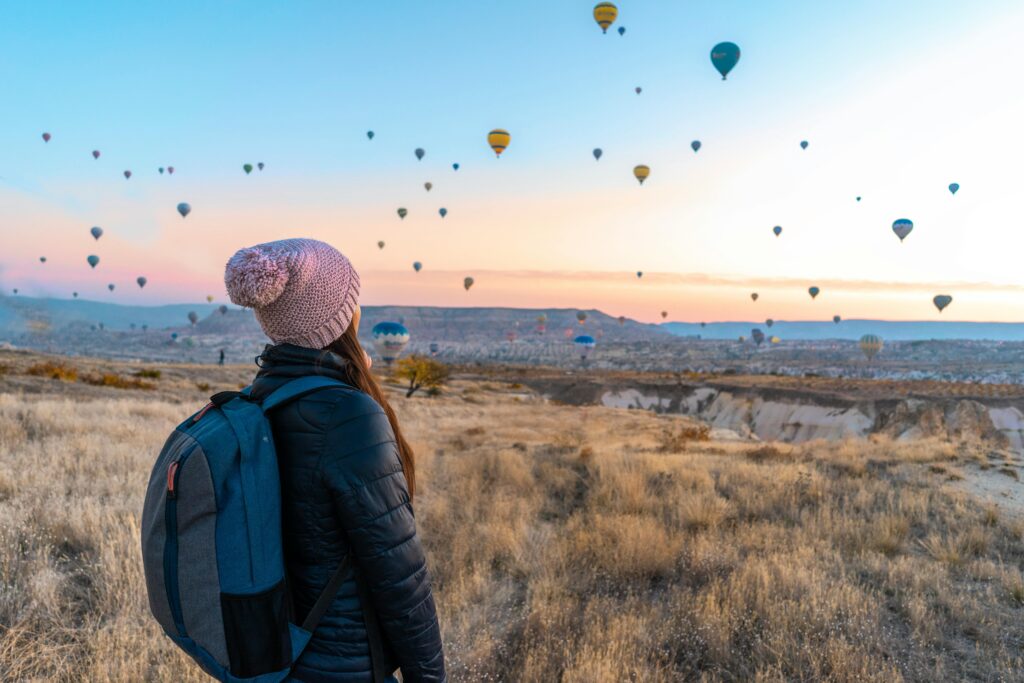
Interactive world map for explorers
There are several excellent tools that offer features like tracking your journeys, discovering remote places, and learning about geography and cultures.Are you looking for an interactive world map specifically designed for explorers—such as travelers, adventurers, or students of geography and culture?
travel blog posts and destination guides
Great! If you’re building or curating a travel blog with destination guides, here’s how you can organize your content effectively and make it appealing to readers—especially fellow explorers:
travel insurance for trip cancellations
When it comes to travel insurance for trip cancellations, you’ll want to focus on policies that offer Trip Cancellation Coverage, which reimburses you for prepaid, non-refundable expenses if you have to cancel your trip for a covered reason.
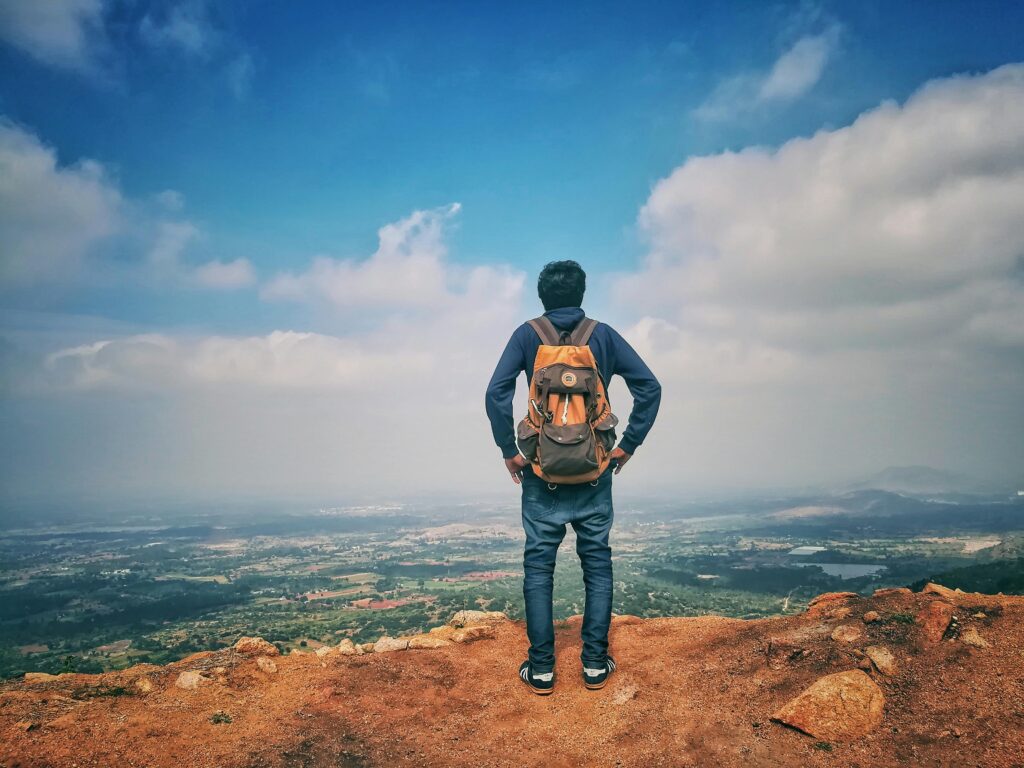
🧳 My Traveling Experience
1. Planning the Trip
Choosing the destination
Researching places to visit, stay, and eat
Packing essentials and setting a budget
2. The Journey Begins
Mode of transportation (flight, train, road trip)
First impressions and excitement
3. Exploring the Destination
Visiting famous landmarks (e.g., Taj Mahal)
Local food experiences
Meeting new people and learning the culture
4. Challenges Faced
Language barriers
Getting lost or transportation issues
Weather or unexpected changes in plans
5. Memorable Moments
Unique cultural experiences
Beautiful landscapes or historical sites
Funny or touching incidents
6. What I Learned
Personal growth or changed perspectives
Appreciation for different lifestyles
BE SURE TO EXPLORE WORLD RELATED RESOURCES




Safety and Health
Travel insurance (medical + trip protection)
Vaccinations or health advisories
Local emergency numbers and hospitals
Personal safety (especially for solo travelers)
Budget and Expenses
Daily budget planning (accommodation, food, transport, activities)
Currency exchange rates
Hidden fees (e.g. ATM, SIM cards, tips)
Cultural Awareness
Local customs, dress codes, and etiquette
Basic phrases in the local language
Respect for traditions, religion, and environment
Logistics and Itinerary
Flights, trains, or bus schedules
Accommodation bookings
Weather conditions
Offline maps and backup documents
OUR RESEARCH

Animal Husbandry helpful Recources
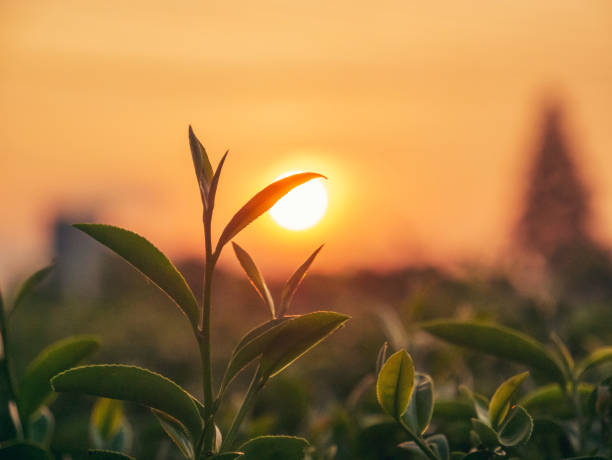
food system
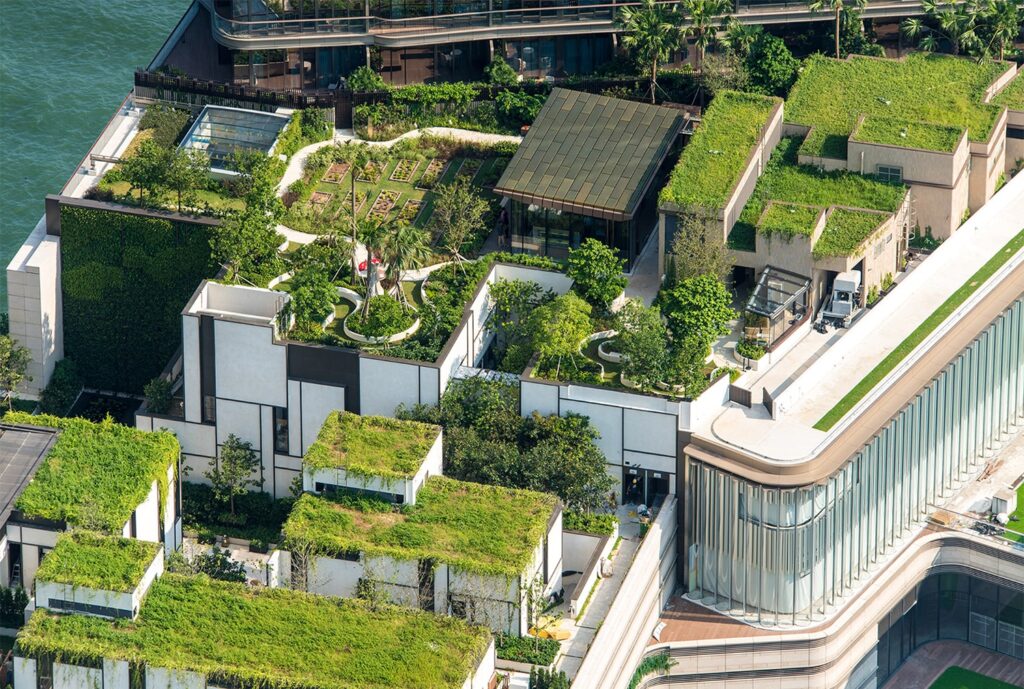
Agroforestry and latest Reasearch
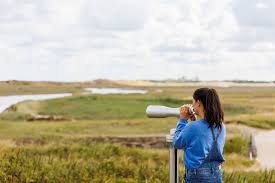
Business & market news, blogs and events

get the app


fallow us on

© 2026 Discoversphere.in. Created with ❤️ using WordPress and Kubio